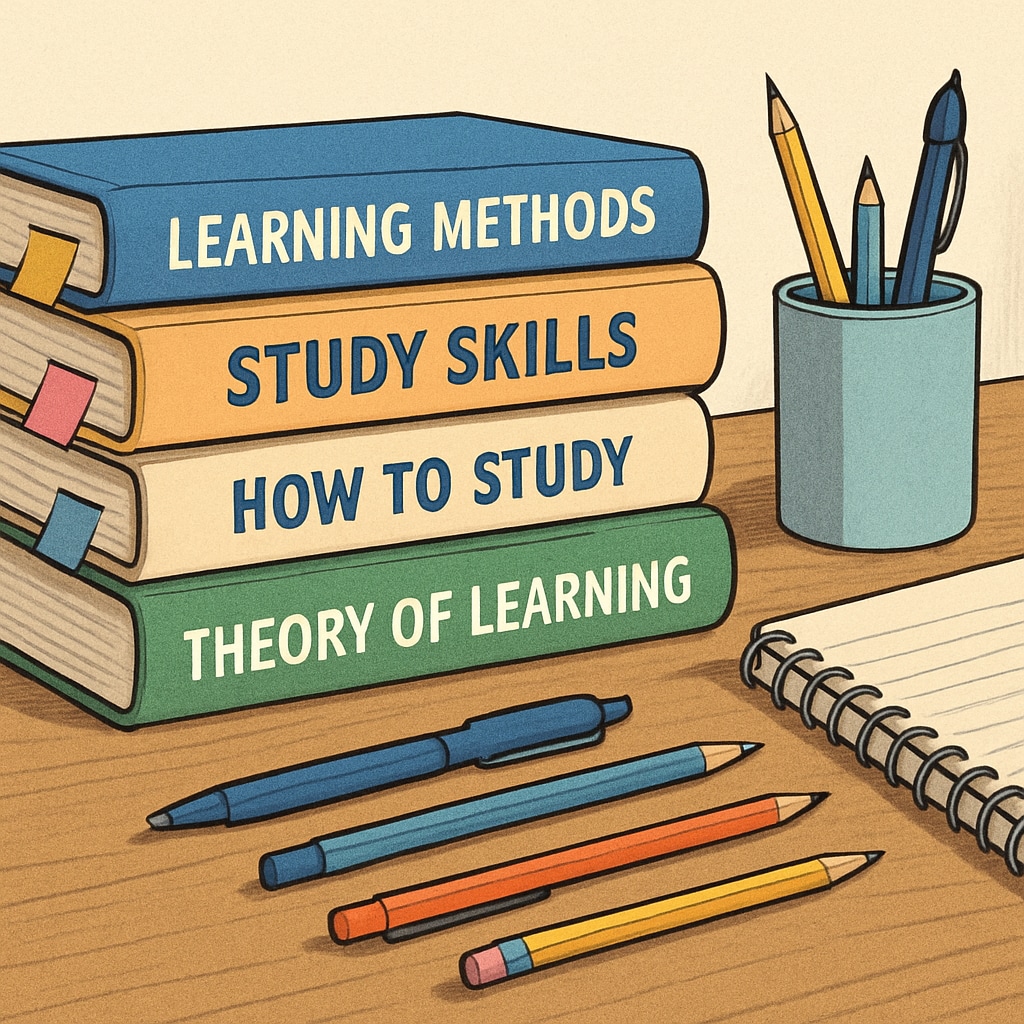In today’s fast-paced world, understanding effective learning methods and information retention strategies has become essential for students. This curated list of books about learning methods, information retention, and study techniques provides valuable resources for K12 learners looking to optimize their academic performance. Research shows that students who master these skills early develop lifelong learning advantages.
Essential Books for Effective Learning Strategies
These carefully selected books offer practical approaches to learning that go beyond simple memorization. According to learning theories on Wikipedia, adopting the right methods can significantly improve knowledge acquisition:
- “Make It Stick: The Science of Successful Learning” by Peter Brown – Explores cognitive psychology principles for lasting retention
- “A Mind for Numbers” by Barbara Oakley – Focuses on STEM learning techniques
- “The Learning How to Learn” by Terrence Sejnowski – Covers brain-based learning approaches

Building Information Retention Skills
Memory plays a crucial role in learning, as discussed in memory psychology on Britannica. The following books provide specialized techniques for strengthening recall:
- “Moonwalking with Einstein” by Joshua Foer – Makes memory techniques accessible to young learners
- “The Memory Book” by Harry Lorayne – Classic guide to memory improvement
- “Unlimited Memory” by Kevin Horsley – Practical strategies for school success
These resources emphasize active engagement with material rather than passive reading, a method proven to enhance understanding and long-term retention.

When selecting books about learning methods, consider both the scientific validity of the approaches and their practical application in school settings. The best resources combine research-backed strategies with actionable steps students can immediately implement in their studies.
Readability guidance: Short paragraphs and bullet points make complex concepts accessible. Each section includes practical examples while maintaining academic rigor. Transition words like “however,” “therefore,” and “for example” create logical flow between ideas.


